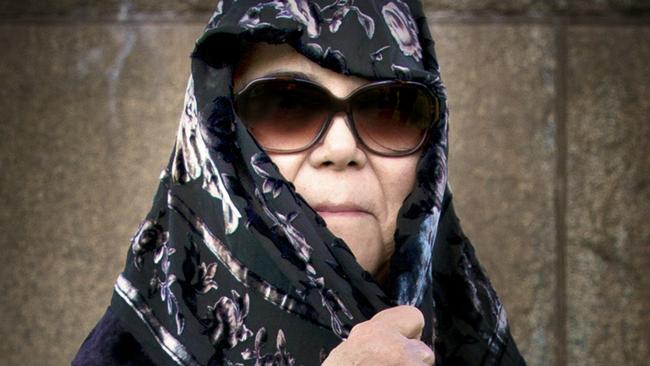AUSTRALIANS desperate for transplant surgery are buying human organs from the black market, and taxpayers are footing the $12,000-a-year bill for their ongoing medical care.
A three-year News Corp investigation has uncovered almost a hundred Australians who have illegally purchased an organ overseas, fearing they would otherwise die waiting here for a legal transplant.
The unregulated trade is seeing prisoners shot on demand to supply human organs and poor people forced by debt collectors to sell their kidneys for as little as $1000.
Doctors involved in the trade are charging up to $250,000 per transplant with anaesthetists, nurses, bureaucrats and brokers who source the organ all getting a cut.
But patients often develop major complications and require expensive follow-up treatment when they return to Australia.
We interviewed four Australians who purchased an organ overseas, talked to the brokers who organise sales and met the poverty-stricken sellers.
Mother-of-two Sarah (not her real name) admitted paying $120,000 for an organ transplant in China in 2011, and an Australian man bought an organ off a 26-year-old Pakistani woman as recently as February.
Just months ago Australian doctors shut down an attempt by a Sri Lankan to sell their kidney to an Australian patient.
Professor Richard Allen says two years ago an Australian died after paying for a kidney transplant in Iraq. He returned to Australia with a kidney that was not working and was overcome with a sepsis infection.
Griffith University academic Dr Campbell Fraser, who has interviewed 1000 kidney sellers and buyers around the world, was present when a doctor in Chennai auctioned off the kidney of someone about to die, with five or six foreigners bidding. It was sold for $50,000.
A total of 176 Australians — 84 from NSW, 51 from Victoria, 27 from Queensland and 14 from South Australia, Western Australia or the Northern Territory — had a transplant overseas in the 13 years between 2001 and 2014. Experts reckon half would have been illegal paid transplants.
Transplant tourism undermines the principles of altruistic donation and the ethical and transparent allocation of organs for transplant, says Assistant Health Minister Ken Wyatt.
While he understands the desperation of those waiting a long time for an organ he says it can mean they are receiving an organ from a person who is exploited.
“As a result of the strong growth in organ transplants in Australia in recent years, the number of Australians who travelled overseas to receive a transplant has dropped significantly since 2012,” he says.
Opposition health spokeswoman Catherine King says organ and tissue donation rates have improved in recent years because of the work of DonateLife, “but there are still many people having their lives cut short, or diminished, because of a shortage of organ and tissue donations. It is vitally important that you have a conversation with your loved ones and leave your family in no doubt about your decision to be an organ and tissue donor.”
Today we begin a campaign to encourage millions of Australians to register to donate their organs when they die and give desperate patients across the nation a greater chance of a legal transplant.


Here’s what you can expect with tomorrow’s Parramatta weather
As summer moves towards autumn what can locals expect tomorrow? We have the latest word from the Weather Bureau.
Here’s what you can expect with tomorrow’s Parramatta weather
As summer moves towards autumn what can locals expect tomorrow? We have the latest word from the Weather Bureau.